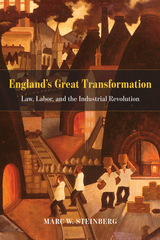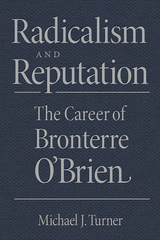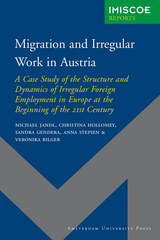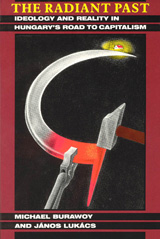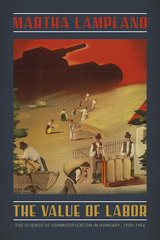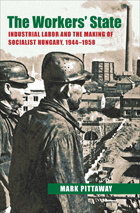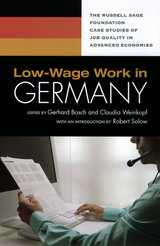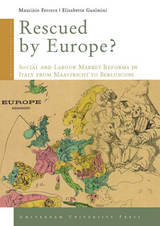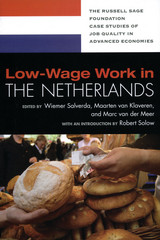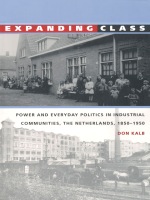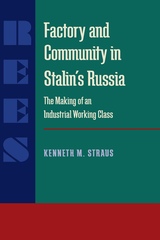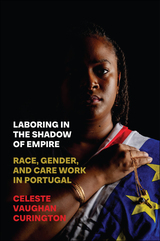Where Was the Working Class?: REVOLUTION IN EASTERN GERMANY
University of Illinois Press, 1999
Paper: 978-0-252-06751-8 | Cloth: 978-0-252-02442-9
Library of Congress Classification HD8455.F85 1999
Dewey Decimal Classification 322.209431
Paper: 978-0-252-06751-8 | Cloth: 978-0-252-02442-9
Library of Congress Classification HD8455.F85 1999
Dewey Decimal Classification 322.209431
ABOUT THIS BOOK
ABOUT THIS BOOK
In six months bridging 1989 and 1990, the German Democratic Republic underwent a transformation that took the world almost completely by surprise. Yet unlike the revolution in Poland a decade earlier, only a small percentage of workers played apolitically active role in the fall of socialism in Germany.
In this unprecedented study, Linda Fuller sets out to explain why the working class was largely missing from the 1989-90 revolution. Drawing on pre- and post-revolutionary visits to East German work sites and dozens of interviews, Fuller documents workers' day-to-day experience of the labor process, workplace union politics, and class. She shows how all three factors led most workers to withdraw from politics, even while prompting a handful to become actively involved in the struggle.
In this unprecedented study, Linda Fuller sets out to explain why the working class was largely missing from the 1989-90 revolution. Drawing on pre- and post-revolutionary visits to East German work sites and dozens of interviews, Fuller documents workers' day-to-day experience of the labor process, workplace union politics, and class. She shows how all three factors led most workers to withdraw from politics, even while prompting a handful to become actively involved in the struggle.
See other books on: Germany (East) | Labor movement | Political activity | Socialism | Working class
See other titles from University of Illinois Press


